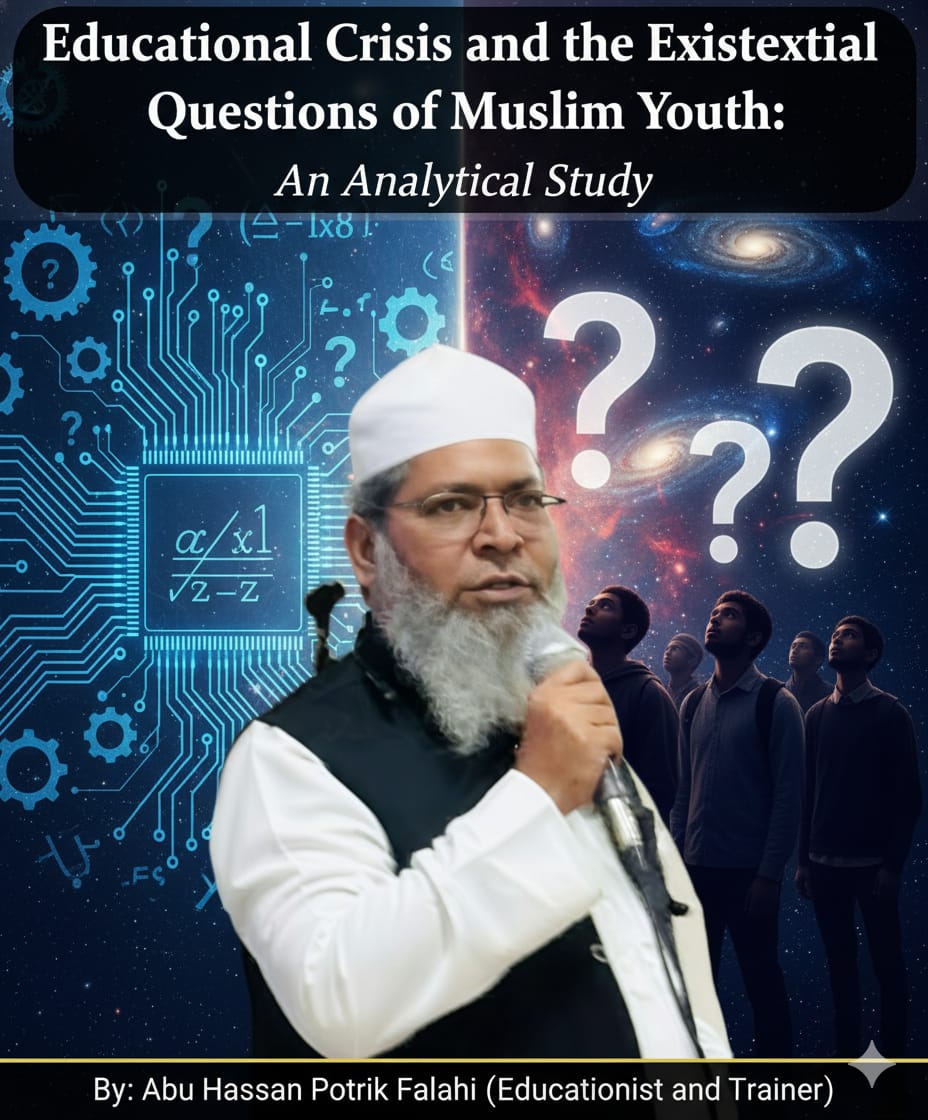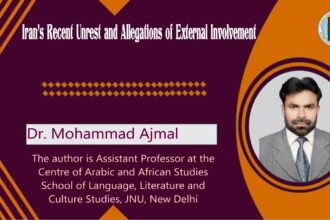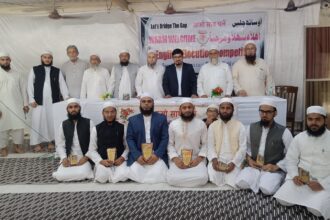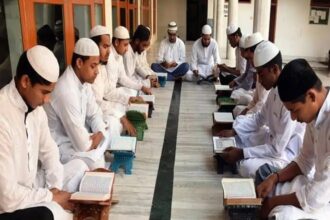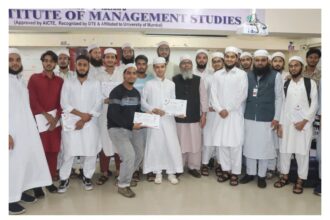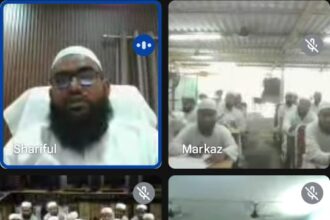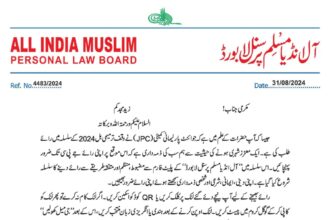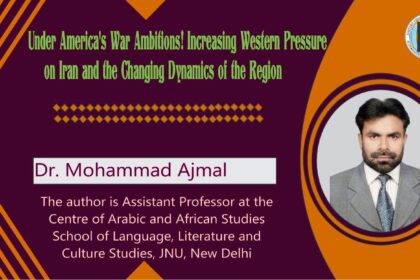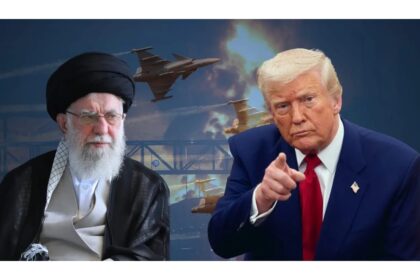Educational Crisis and the Existential Questions of Muslim Youth: An Analytical Study
By: Abu Hassan Potrik Falahi (Educationist and Trainer)
Throughout human history, education has always been the fundamental means for shaping individuals and societies. True education is not merely the acquisition of information; rather, it is the process of cultivating consciousness, thought, and character within a person. From an Islamic perspective, the primary purpose of education is to make humans aware of their Creator, their own selves, and the universe around them. These are the fundamental questions that arise in every human mind: Who am I? What is this universe? Who is God? Without proper answers to these questions, a person fails to determine the purpose of life and cannot define the meaning of their existence.
The foundation of human thought begins with the first question: Who am I? This question concerns human identity and existence. Human beings have always sought to understand themselves. The Qur’an states: > “We created man, and We know what his soul whispers to him, and We are closer to him than his jugular vein.” (Qaf: 16) Islam declares that man is the vicegerent (Khalifah) of Allah, granting him an honoured and dignified position.
The second question: What is the universe? Curiosity about the universe and its mysteries is embedded in human nature. The Qur’an repeatedly invites humankind to reflect and ponder:
> “Indeed, in the creation of the heavens and the earth and the alternation of the night and the day are signs for people of understanding.” (Aal-e-Imran: 190)
According to Islamic teachings, the universe is filled with signs (Ayat) that point toward the Oneness and Power of Allah. The study of the universe aims at perceiving these signs, thereby deepening one’s knowledge of God.
The third question: Who is God? This has been the central theme of all religious and philosophical systems. In Islam, the attributes of Allah and the nature of the relationship with Him are clearly defined: > “He is Allah, besides Whom there is no deity; the Sovereign, the Most Holy, the Source of Peace, the Bestower of Faith, the Guardian, the Almighty, the Supreme, the Possessor of Greatness. Glorified is Allah above what they associate with Him.” (Al-Hashr: 23)

The greatest educational challenge in Muslim societies today is the artificial division between religious and worldly education. This division is a colonial legacy, created to weaken Muslim unity and coherence. As a result, the modern Muslim personality has become fragmented. Students now live in two separate worlds—one of the mosque and madrasa, and the other of the school and college. This intellectual contradiction shatters their inner harmony: what they learn in religious education contradicts what they learn in secular institutions. Consequently, individuals emerge who are religious in the mosque but secular in their social life.
Shortcomings of Religious Educational Institutions
Madrasas and maktabs are vital centers of Islamic education, yet they face several weaknesses:
Inability to address modern intellectual questions.
Lack of modern teaching methods.
Neglect of scientific and rational disciplines.
Absence of systematic and structured responses to contemporary issues.
Nature of Modern Secular Education
On the other hand, schools and colleges provide education based on Western secular philosophy of life, characterized by:
Materialism as the only reality.
The belief that humans are the ultimate rulers and the center of the universe.
Religion being confined to private life.
A materialistic and secular interpretation of history.
Informal Education and Its Impacts
The Role of Media:
Media has become one of the most powerful sources of informal education, constantly promoting Western ideologies and values. Television and films present Western lifestyles, liberal values, and secular outlooks in an attractive manner. Social media platforms rapidly disseminate these ideas among youth. Even games and entertainment, which appear innocent, are subtly spreading Western cultural values.
The influence of Western culture has deeply impacted Muslim youth. The English language has become a vehicle for promoting Western ideas and values. Western clothing and fashion influence their thinking and lifestyle, and the trend of celebrating Western festivals is growing.
A significant number of young Muslims today are leaning toward liberalism, displaying the following traits:
They consider religion to be outdated and backward.
They find Western lifestyles more appealing.
They reject traditional values and customs.
They have lost trust in religious leaders.
As a result, there is a rise in individuals exhibiting hypocritical behaviour—people who perform religious rituals outwardly but whose hearts are devoid of faith. Their words and actions are contradictory; they adjust their religiosity according to circumstances, with personal gain as their ultimate goal.
The Tragedy of “Ex-Muslims”
The most alarming trend is that some young Muslims are openly leaving Islam. The causes include:
The perceived conflict between science and religion.
Doubts and skepticism about religious teachings.
Repulsion caused by extremist attitudes.
The belief that religion restricts personal freedom and drains life of color and joy.
Recommendations and Solutions

Educational Reforms: Toward a Unified System
Eliminate the division between religious and secular education by establishing a unified education system.
Integrate all fields of knowledge within an Islamic worldview.
Develop critical thinking in students so they can analyze various ideologies.
Promote harmony between science and religion.
Update madrasa curricula according to modern needs.
Introduce modern disciplines into religious institutions.
Train madrasa teachers in modern pedagogical methods.
Foster academic research within madrasas.
Establish universities that teach modern sciences in accordance with Islamic values.
Create online platforms to present Islamic teachings in a contemporary manner.
Launch educational TV channels dedicated to Islamic education and character-building.
Produce literature addressing modern intellectual questions from an Islamic perspective.
Foster Islamic environments in homes.
Equip parents to face modern challenges.
Design engaging Islamic programs for youth.
Present role models who excel in both Islamic and modern sciences.
The current educational crisis poses a serious threat to the future of the Muslim Ummah. If it is not addressed promptly, future generations will drift further away from Islam. Therefore, it is imperative to:
Take immediate steps for educational reform.
Adopt a comprehensive approach to educational development.
Encourage cooperation among all Islamic schools of thought.
Formulate long-term strategies for sustainable reform.
Islamic teachings possess the intellectual power to provide satisfying answers to human existential questions. What is required is to present these teachings in a manner compatible with the modern mind. The Qur’an declares: > “O you who believe! Take care of your own selves. If you follow the right guidance, no one who goes astray can harm you.” (Al-Ma’idah: 105)
We must acquaint our youth with the true teachings of Islam, respond to their questions thoughtfully, and remind them that Islam is the complete code of life—holding the answers to all existential questions and guaranteeing both worldly success and eternal salvation.

